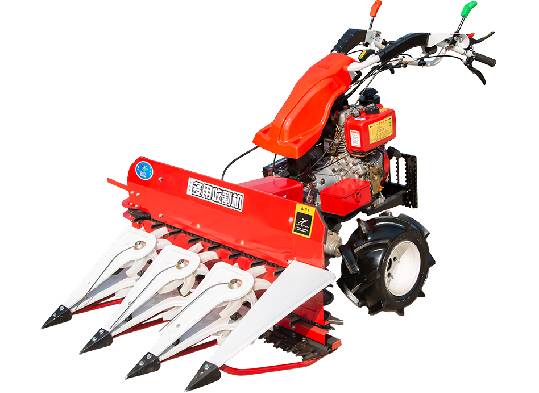fodder beet harvester
The Importance of Fodder Beet Harvesters in Modern Agriculture
Fodder beet, scientifically known as Beta vulgaris subsp. vulgaris, is an essential crop in modern agriculture, particularly in regions of Europe where livestock farming thrives. Known for its high carbohydrate content and digestibility, fodder beet serves as a crucial feed source for cattle, sheep, and other livestock. The efficient harvesting of this root vegetable is vital for maximizing yield and minimizing losses, which is where fodder beet harvesters come into play.
What is a Fodder Beet Harvester?
A fodder beet harvester is a specialized agricultural machine designed to efficiently harvest fodder beets from the field. These machines differ significantly from standard beet harvesters due to the unique requirements of handling fodder beet, which can vary greatly in size and shape compared to traditional sugar beets. The design of fodder beet harvesters is tailored to minimize soil disturbance and reduce crop damage, ensuring that the maximum amount of usable product is collected.
Features of Modern Fodder Beet Harvesters
Modern fodder beet harvesters are equipped with advanced technology that enhances their efficiency and effectiveness. Key features often include
1. High-Speed Cutting Systems These machines utilize sharp and robust cutting knives that operate at high speeds to slice through the soil and roots of the beet with minimal effort, reducing the time taken for harvesting.
2. Root Lifting Mechanisms Advanced root lifting technology ensures that beets are gently pulled from the ground without excessive damage, preserving their quality for livestock feeding.
3. Automatic Loading Systems Many contemporary harvesters come with conveyor belts and automatic loading systems that facilitate the swift transfer of harvested beets onto trucks, reducing the need for manual labor and optimizing workflow.
4. Precision Farming Technologies Incorporating GPS and real-time data analysis, modern harvesters allow farmers to monitor performance and make informed decisions about harvesting strategies, improving overall operational efficiency.
fodder beet harvester

Benefits of Using Fodder Beet Harvesters
The use of specialized fodder beet harvesters offers several advantages for farmers
- Increased Efficiency Harvesters can cover large areas in a fraction of the time it would take to harvest manually, thereby increasing productivity.
- Cost-Effectiveness While the initial investment might be significant, the efficiency of these machines can result in lower labor costs and reduced wastage, leading to better profitability.
- Improved Quality of Feed By minimizing damage to the crops during harvesting, the quality of fodder beet remains high, ensuring better nutrition for livestock.
- Sustainability With less soil disturbance and optimized harvesting techniques, fodder beet harvesters contribute to sustainable farming practices, promoting soil health and reducing environmental impact.
Challenges and Future Directions
Despite the many advantages, the use of fodder beet harvesters is not without challenges. Farmers must keep up with technological advancements and ensure that they maintain their equipment properly to avoid costly breakdowns. Additionally, there is an ongoing need to train operators to make the most of these technologically advanced machines.
As agriculture continues to evolve, the future of fodder beet harvesting looks promising. Innovations in automation, artificial intelligence, and machine learning could further enhance the efficiency of harvesters, making them even more effective in the field. Moreover, integrating renewable energy sources and environmentally friendly practices will likely become a focal point in machine design and operation, aligning with the global emphasis on sustainability in farming.
Conclusion
In summary, fodder beet harvesters play a crucial role in the modern agricultural landscape, particularly for livestock farmers relying on this nutrient-rich crop. With their advanced features and the significant benefits they offer, these machines not only enhance productivity and profitability but also contribute to sustainable farming practices. As technology continues to advance, the evolution of fodder beet harvesting will be pivotal in shaping the future of agriculture.
Latest news
-
When to Upgrade Your Old Forage HarvesterNewsJun.05,2025
-
One Forage Harvester for All Your NeedsNewsJun.05,2025
-
Mastering the Grass Reaper MachineNewsJun.05,2025
-
How Small Farms Make Full Use of Wheat ReaperNewsJun.05,2025
-
Harvesting Wheat the Easy Way: Use a Mini Tractor ReaperNewsJun.05,2025
-
Growing Demand for the Mini Tractor Reaper in AsiaNewsJun.05,2025







